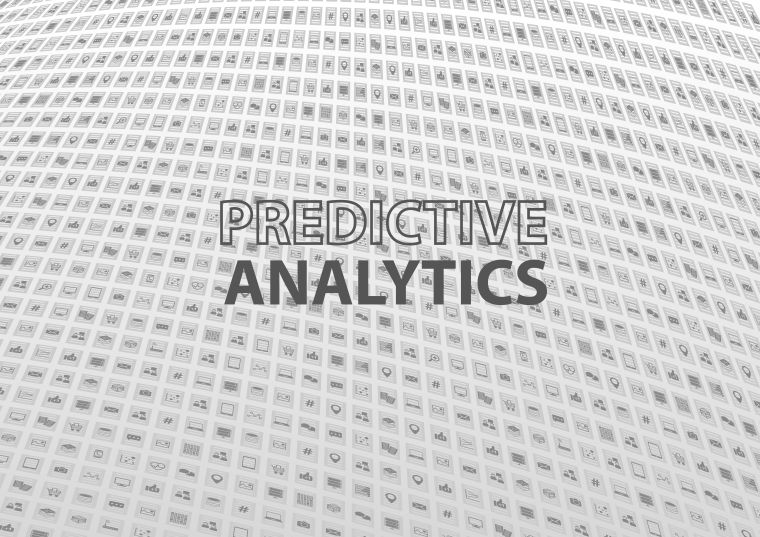As you would expect, for any business to achieve successful growth and meet its objectives, it must be willing to embrace the latest technological advancements. Whilst big data and business intelligence (BI) don’t exactly top the leaderboard when it comes to the latest business innovations, we’ve seen a definite shift towards analytics and visualisation, and the use of both technologies is fast becoming something you won’t be able to disregard, even if your business is already enjoying success. However, if you’re yet to identify the ways it can benefit your business, you should be aware that you may need a significant investment of both time and money.
A by-product of the Digital Economy is that virtually every action in your business contributes towards the creation of vast amounts of data on a daily basis. We’re all aware of the stat that 90% of the world’s data has been generated in the last two years. The challenge is that this is structured and unstructured data, held in disparate places, which makes it difficult to harness and analyze. This process isn’t something that will happen overnight, the data will first need to undergo strategic analysis by data engineers who will develop, construct and maintain testing architectures, transforming the information into workable datasets so that data scientists can begin analysis.

Once your business has identified what it wants to achieve from the data, a team of highly skilled data scientists should help speed up the analysis process, as it’s from this analysis that you’ll be able to identify which pieces of data are relevant, what you can use the data for, and how each tiny particle can potentially impact on your business.
Each member of your data science team will have a particular role to perform, so it’s crucial that you find the right people capable of fulfilling your needs. The fact is, your business will continue to pull in large sets of data, so the analysis process will need to happen quickly to prevent you from becoming swamped with numbers and algorithms.
Data undergoes many processes during analysis. To ensure it runs smoothly, you’ll need a team of professionals with the necessary skills to keep data clean, discover the right datasets that complement the dynamics of your business, uncover unique patterns hidden that will return value, and finally tell the story of the data.
One final thing to remember following the introduction of big data is that it can raise questions you weren’t aware you needed answering. Don’t be put off if this happens when you begin your data analysis, as these unknown insights could turn out to be the most valuable.
Big data is the precursor to business intelligence. It allows your business to bring the data and information which can then be highly visualised which can lead to a faster and more informed decision making process.
Those with a long history in business will be familiar with the constant need for improvement, as for many organizations, it’s all about how to gain a competitive edge over your rivals. However, in our case, we also use our data to better service our clients and ensure we’re having an impact in the right target market.
Experience has taught us that every decision made by a business should be data-driven, and should incorporate both new and historical data. When deciding which route our business should go down, we require a team of analysts, shareholders, and key members of the company to also look back over previously collected data to make the best call possible. But sometimes for these decisions to go ahead, it’s about having actionable evidence to back up your opinion and putting yourself on the line by saying ‘we’re going to create this new brand’ or expand the business into this new territory because of this piece of data.
From the outside, it may look as though big data and business intelligence do the same thing. The truth is they don’t, both can help you delve deeper into the data collected by your business, but they are in fact two entirely different processes. We as a business, however, have seen that both can be used as positive solutions to solve data management problems, with the real benefits coming from using big data and BI hand in hand.
If you look at the techniques purely from a data collection perspective, big data is all about bringing the information into your business, and this process is especially useful when you’re looking to improve BI, as the new datasets will offer up-to-date information that will allow you to address business concerns.
If your business continues to add new devices and network infrastructure, there’s simply no escape from big data and business intelligence. Whether it’s the analysis of real-time data or the return to historical datasets that have been fruitful in the past, the advances made in analytics techniques should give you every chance to gain a superior position over your rivals.
Nevertheless, the investment from businesses into this big data infrastructure, particularly when it comes to data storage, should be a serious consideration from those who are capable of doing so. These investments should provide a business with the necessary means to continuously use big data and BI to their advantage, to continue growth and improvement.
By James Lloyd-Townshend





